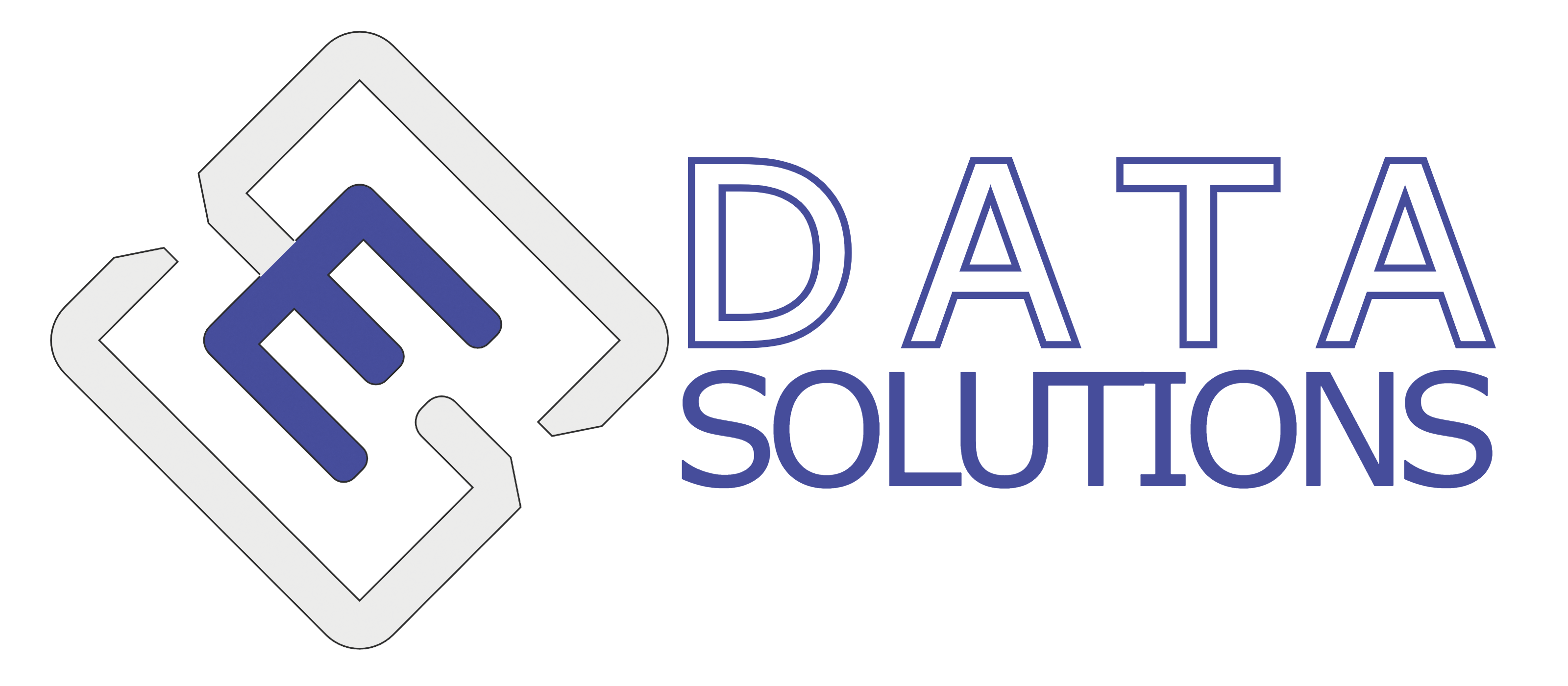
- The aim of this training programme is to equip participants with the knowledge and skills to design, conduct, and analyse experiments effectively. The programme covers the principles of experimental design, various design methodologies, and practical applications to ensure that participants can create robust experiments that yield reliable and valid results. Each module includes a mix of lectures, interactive sessions, and hands-on exercises. Participants will work on real-world scenarios to practise designing, conducting, and analysing experiments.
- Introduction to Experimental Design:
- Overview of experimental design and its importance.
- Key concepts such as variables, controls, and randomisation.
- …
- Types of Experimental Designs:
- Detailed explanation of different experimental designs, including completely randomised designs, randomised block designs, factorial designs, and crossover designs.
- Advantages and disadvantages of each design type.
- ….
- Planning an Experiment:
- Steps to plan an experiment, including defining objectives, selecting factors and levels, and determining sample size.
- Importance of replication and randomisation in experimental design.
- …
- Design of Experiments (DOE) Techniques:
- Introduction to DOE techniques such as full factorial, fractional factorial, and response surface methodology.
- How to use these techniques to optimise processes and improve quality.
- ….
- Conducting Experiments:
- Practical considerations for conducting experiments, including setting up the experiment, controlling variables, and ensuring data quality.
- Troubleshooting common issues that arise during experimentation.
- …
- Data Analysis and Interpretation:
- Statistical methods for analysing experimental data, including ANOVA, regression analysis, and interaction effects.
- Interpreting results and drawing valid conclusions from experimental data.
- …
- Software Tools for Experimental Design:
- Introduction to software tools such as Minitab, JMP, and R for designing and analysing experiments.
- Practical exercises using these tools to create experimental designs and analyse data.
- …
Lectures: Detailed explanations of experimental design concepts and methodologies, supported by visual aids and real-world examples.
Hands-on Exercises: Practical exercises where participants design and analyse experiments using statistical software and real-world data.
Outcome:
- Have a comprehensive understanding of experimental design principles and methodologies.
- Be proficient in planning and conducting robust experiments.
- Be able to analyse experimental data using statistical methods and software tools.
- Gain confidence in designing experiments that yield reliable and valid results.

